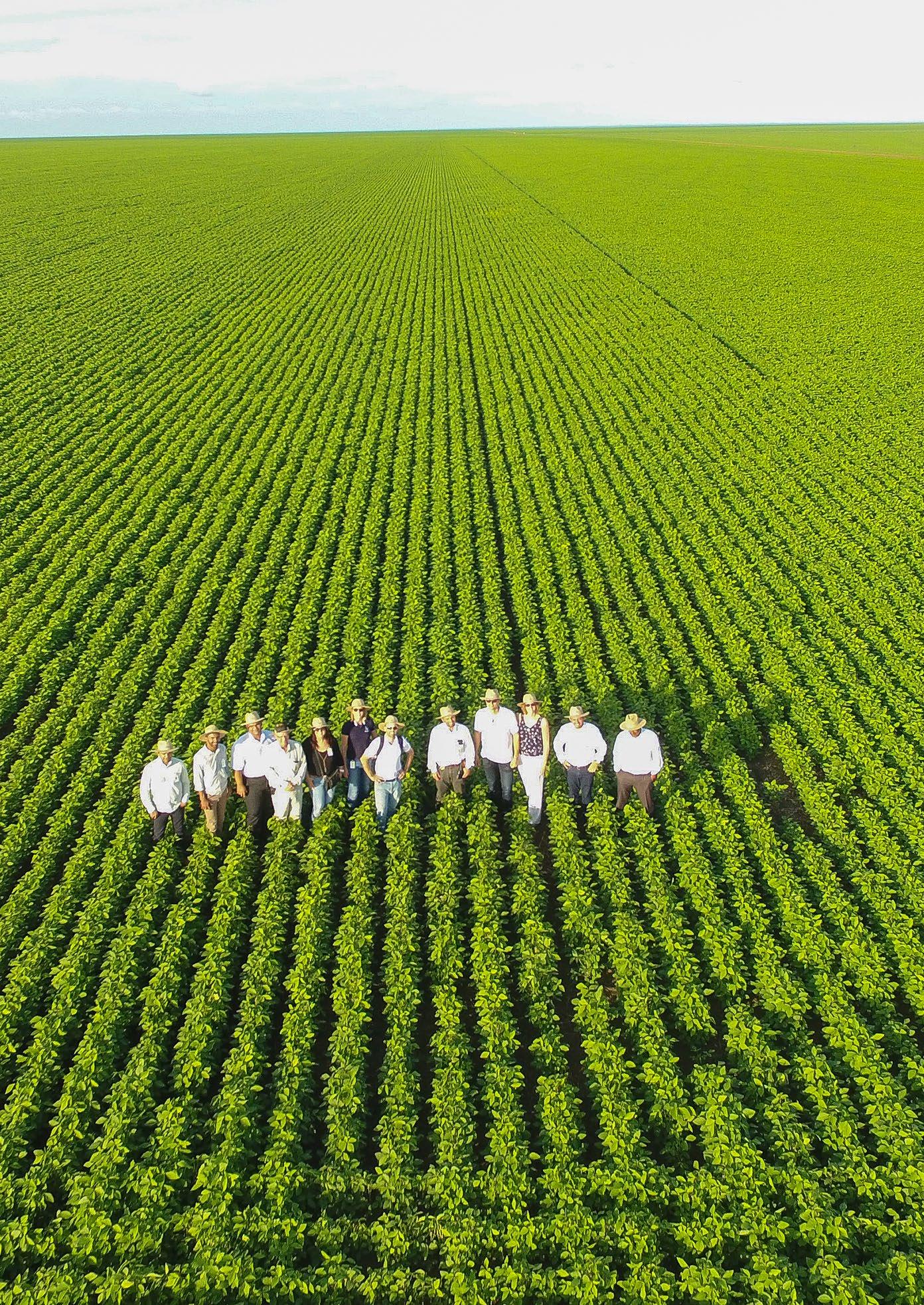
2 minute read
4. QUALITY EDUCATION
QUALITY EDUCATION
Education is key for escaping poverty, and has been identified as one of the most powerful and well-proven ways for fostering sustainable development. Goal #4 aims to ensure inclusive and quality education for all, including providing equal access to vocational training and higher education. Access to education and school enrolment rate at all levels, as well as literacy rate, particularly for girls, have increased significantly over the past decade. However, more than half of all children and adolescents globally remain under the minimum proficiency standards in reading and mathematics.12
RTRS supports SDG #4 by ensuring that children of direct employees have access to education and encouraging provision of vocational training as well as education on sustainable agricultural practices to members of local communities.
SDG TARGETS AND RELATED RTRS INDICATORS
SDG Targets
4.1 By 2030, ensure that all girls and boys complete free, equitable and quality primary and secondary education leading to relevant and effective learning outcomes
4.4 By 2030, substantially increase the number of youth and adults who have relevant skills, including technical and vocational skills, for employment, decent jobs and entrepreneurship.
4.7 By 2030, ensure that all learners acquire the knowledge and skills needed to promote sustainable development, including, among others, through education for sustainable development and sustainable lifestyles, human rights, gender equality, promotion of a culture of peace and non-violence, global citizenship and appreciation of cultural diversity and of culture’s contribution to sustainable development.
RTRS Indicators
RTRS: 2.1.6
All children of direct employees living on the farm must have access to school education.
RTRS: 3.4.2
The RTRS indicator 3.4.2 requires that whenever possible, collaboration with training programs should be established to promote employment opportunities for members of the local communities.
RTRS: 5.3.2, 5.3.3
By requiring that producers demonstrate knowledge of techniques to maintain soil quality (5.3.2) and to control soil erosion (5.3.3), the RTRS Principle 5 contributes to educating more industry professionals about sustainable agricultural practices.
SDG 4: Case study
Title: Training for farmers
Organisation: Colruyt Group, Cresol Estrada de Ferro, TRIAS, Solidaridad Network and RTRS
Location: Goias, Brazil
Global scope: RTRS Standard for Responsible Soy Production Principles & Criteria Case: Belgian Colruyt Group (retailer) and TRIAS (NGO), together with Solidaridad Network, and Cresol rural cooperative, from Brazil, provided joint training to farmers on property, documentation, waste and infrastructure sustainable management, and encouraging crop diversification. This initiative reached 27 small farmers from Goías, Brazil, meaning 30.000 RTRS certified tons of soy.










